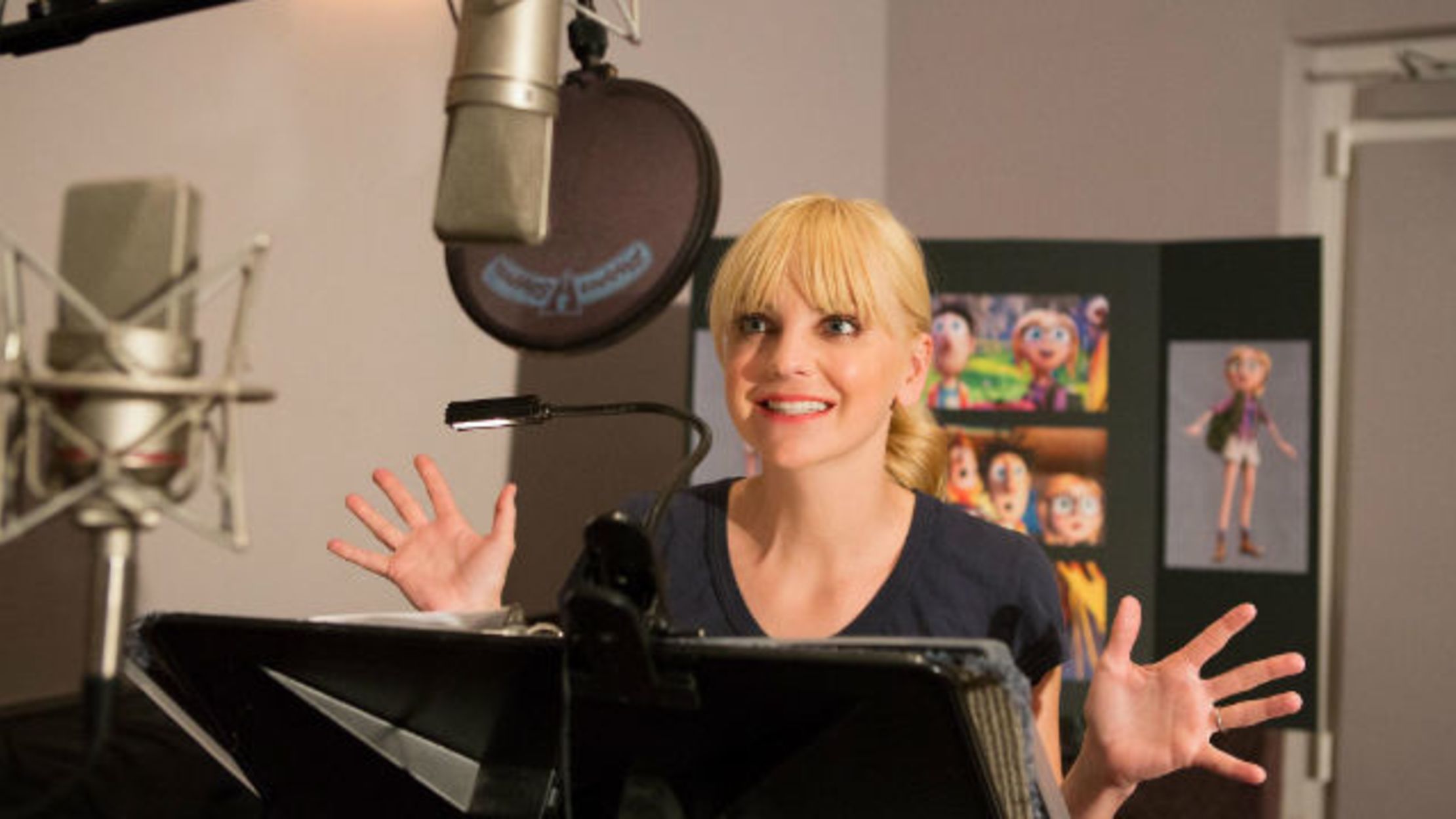

“The story of these parties is the story of massive change,” says Sam Rosenfeld, a Colgate University political scientist. So don’t be totally discouraged if you’re dissatisfied with the state of your party today work with others to change it. It happened to the Republican Party in the 20th century and is happening to the Democratic Party now in the wake of Bernie Sanders’s 2016 campaign and other grass-roots progressive efforts. Activists, organizers and voters can exert pressure on parties to adapt over time. Political parties can also be changed in other ways. Or lobby your state to adopt proportional representation, which would award seats in legislatures based on a party’s overall vote share, instead of today’s winner-take-all system. This system lets you name a first-choice candidate but transfers your ultimate vote to an alternative candidate if your first choice receives only a small share of the vote. Push your state to adopt ranked-choice voting, a system that would remove the spoiler effect of a third-party vote. If you want to grow a third party, the political scientist Lee Drutman says the first steps should be lowering the barriers that make it difficult for third party candidates to compete. And even if the Democrats and Republicans remain dominant, a rising third party could push the parties in new directions. More recently, the 2016 election saw a significant jump in Green and Libertarian party candidates’ share of the popular vote, and 61 percent of Americans say neither the Democratic nor Republican Party represents their views. In the 19th century, the Republican Party replaced the Whig Party. It’s possible, of course, that a third party will one day rise. Otherwise, you may help elect a candidate who will enact policies you oppose. “If you want to vote for a third party, in most places, you’re better off taking a vacation to Paris,” says the political scientist Theda Skocpol.ĭo you prefer one candidate to the other? If so, vote for the one you prefer, however imperfect he or she may be. Otherwise, your vote is essentially wasted. In the American electoral system, which structurally favors two political parties, you effectively have only three choices in the vast majority of elections: Vote Democratic. Not everyone agrees, but we believe this view argues against voting for minor parties most of the time. But “what matters is not who you vote for, what matters is what happens in the world as a result.” Many Americans think “one should always vote in accordance with the candidate that most reflects one’s values,” the writer Nathan Robinson argued in Current Affairs before the 2016 election.

Think about voting not only as an expression of your beliefs but also as a choice with consequences.


 0 kommentar(er)
0 kommentar(er)
